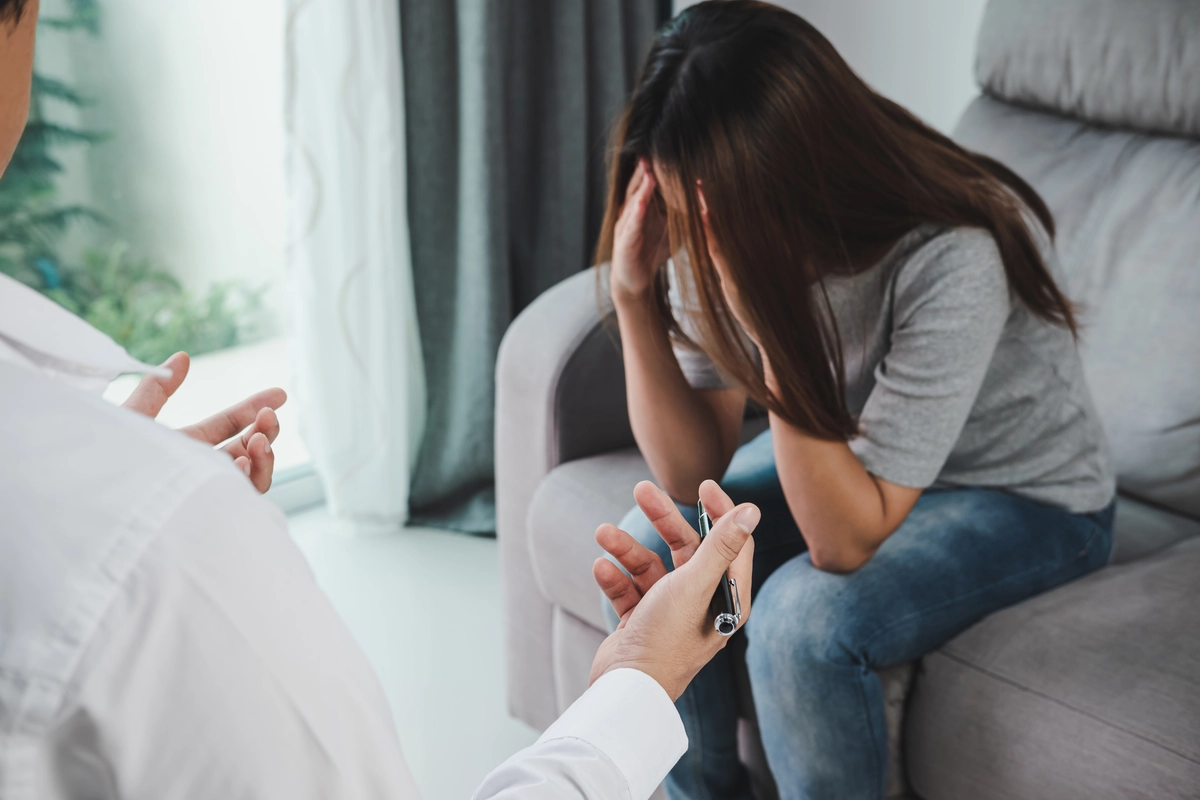24/7 Helpline:
(866) 899-111424/7 Helpline:
(866) 899-1114
Learn more about Group Therapy centers in Kennedy
Group Therapy in Other Cities

Other Insurance Options

Health Net

UnitedHealth Group

MVP Healthcare

Premera

Optima

State Farm

MHNNet Behavioral Health

Aetna

AllWell

Highmark

Providence

Molina Healthcare

WellPoint

Optum

American Behavioral

Sliding scale payment assistance

Choice Care Network

United Health Care

Absolute Total Care
Beacon
















